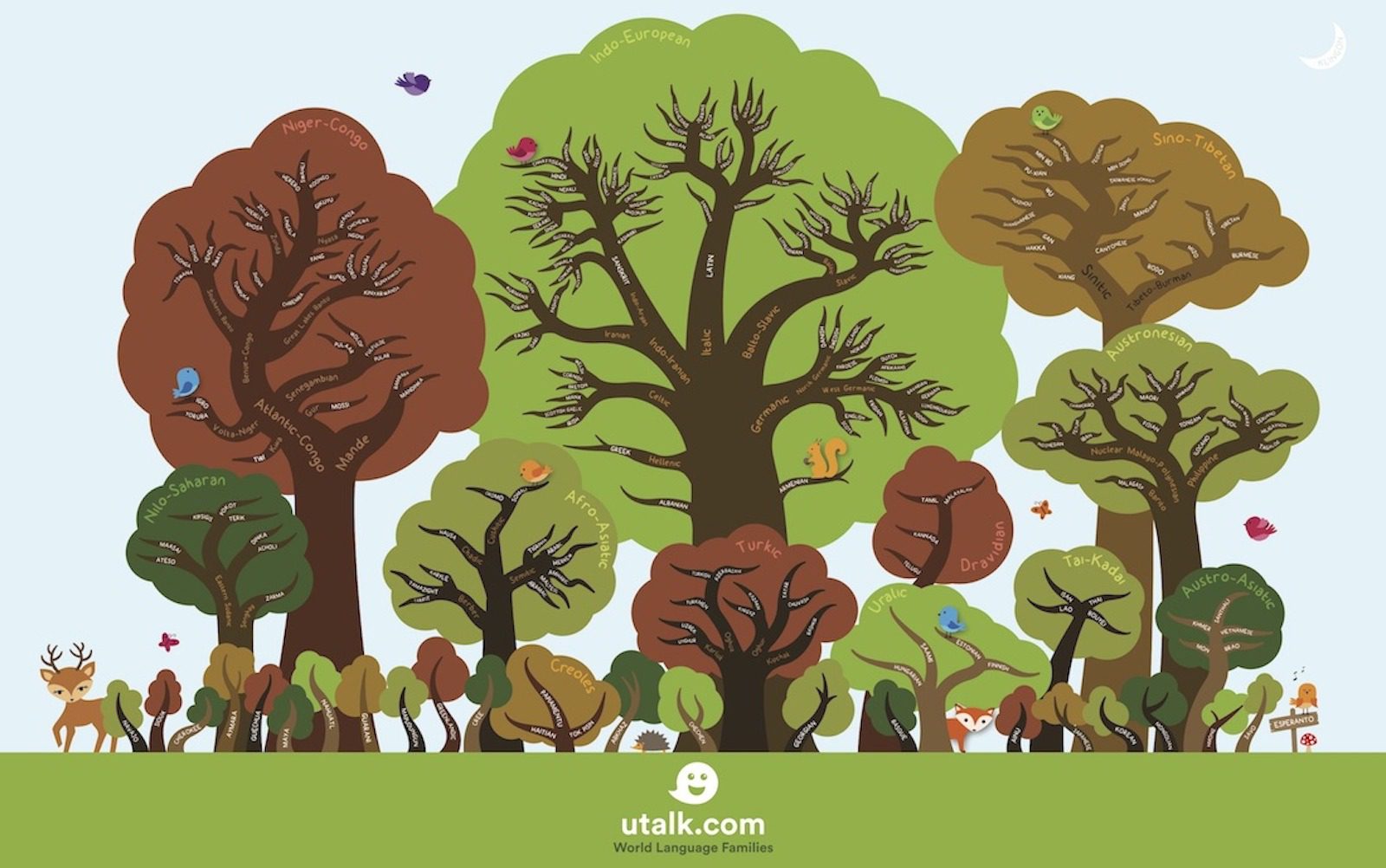26th September is European Day of Languages, and in honour of this special day we thought we’d have a look at some interesting facts about the European languages. Did you know that the root of many European languages can be found in the Indo-European language family, which has many subdivisions including the Italic, Celtic, Germanic and Balto-Slavic languages? It may even surprise you to hear that Indo-European languages also include most of the languages in South-East, Central and Southern Asia, and as a family are spoken by 2.6 billion people, or 45% of the population. This common origin means that there are, even today, similarities across these languages, in terms of grammar, syntax and vocabulary

Other similarities can be found in expressions. In fact, there are many expressions that are pretty much the same right across Europe. We could give the example of “Devil’s advocate,” which is “Se faire l’avocat du diable” in French. It’s meaning is exactly the same in French as it is in English.
But let’s see the countries’ languages and cultural differences through one idiom. Let’s take the example of the English idiom “to kill two birds with one stone” which essentially means to get two things done with one action, and see how it is translated across Europe.
Czech: “zabít dvě mouchy jednou ranou” (to kill two flies with one hit)
Danish: “slå to fluer med et smæk” (to hit two flies with one smack)
Finnish: “lyödä kaksi kärpästä yhdellä iskulla” (to kill two birds with one stone)
French: “De faire d’une pierre deux coups” (to hit twice with one stone)
German: “zwei Fliegen mit einer Klappe schlagen” (to kill two flies with one smack)
Greek: “με ένα σμπάρο δυο τρυγόνια” (to hit two turtles with one shot)
Hungarian: “két legyet üt egy csapásra” (to hit two flies with one stone)
Italian: “prendere due piccioni con una fava” (take two pigeons with a bean)
Dutch: “twee vliegen in één klap slaan” (to kill two flies with one strike)
Polish: “upiec dwie pieczenie na jednym ogniu” (to bake two roasts on one fire)
Portuguese: “Matar dois coelhos com uma cajadada só” (to kill two rabbits with one stone)
Spanish: “matar dos pájaros de un tiro” (to kill two birds with one shot)
Swedish: “slå två flugor i en small” (to hit two flies with one slap)
Do you know this idiom in another European language? If yes, tell us below 🙂